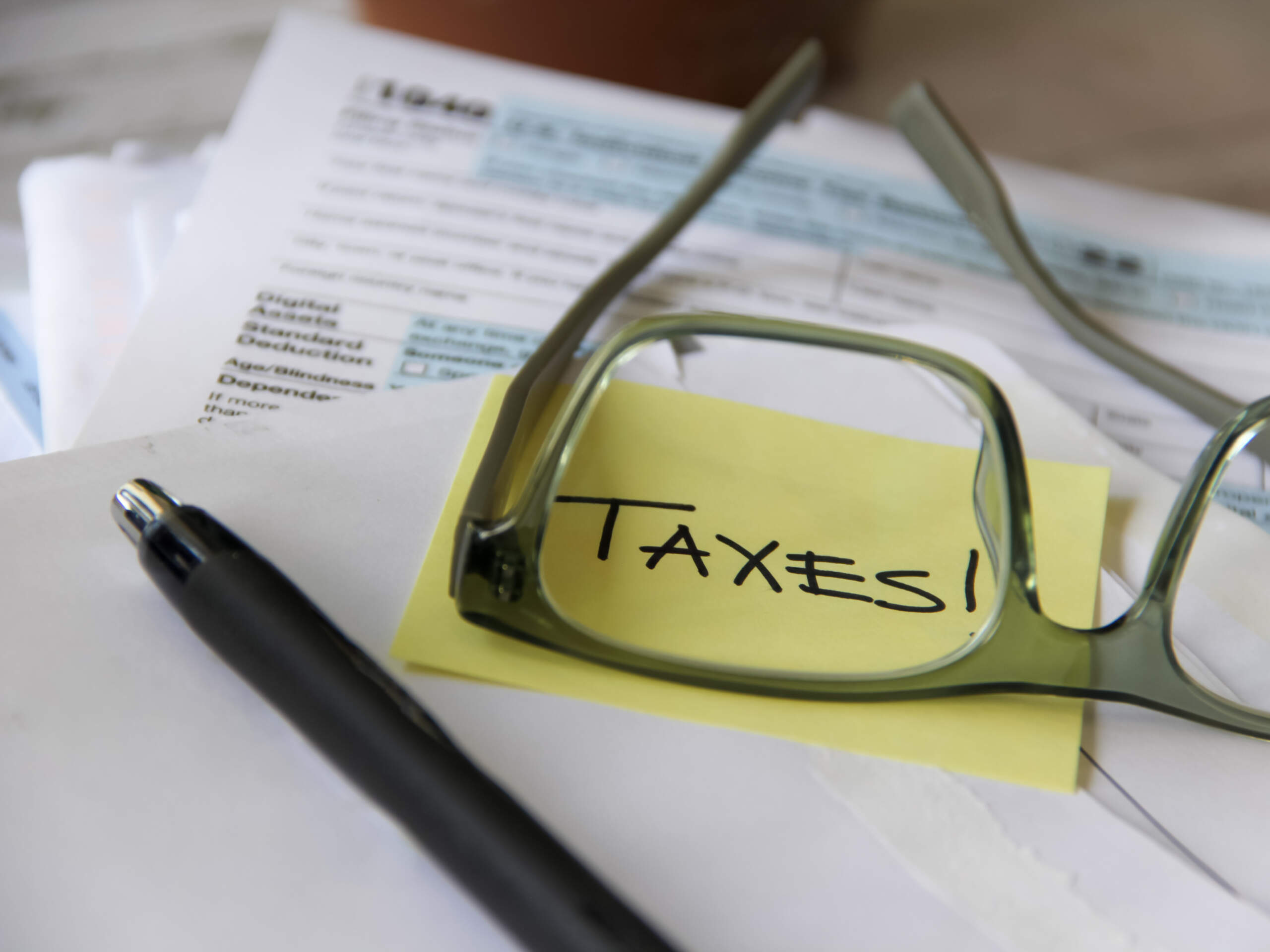Property taxes are an important consideration when budgeting for a new home. But as new home buyers, you may be unsure of the best way to estimate your property taxes or even how they’re calculated in the first place. In this article, we will discuss strategies for estimating property taxes on a new home purchase.
How Property Taxes Are Calculated
First, it is helpful to know what property taxes are and why they’re important when you’re buying a home. Property taxes are money that homeowners pay to local governments each year. They’re based on the assessed value of the home and local tax rates. The assessed value is determined by the county assessor while tax rates vary by location. Generally, new home buyers should expect property taxes to equal 1-3% of the home’s value annually.
How to Estimate Your Property Taxes for Your New Home
Property taxes are an important part of your housing budget. For example, say that you’ve found a home you want to buy in another county or state that’s different from where you currently live. You’ve determined that you can afford the mortgage payments. But then you look into the property taxes, and you quickly discover that the home is beyond your budget. That’s why it’s important to have a solid understanding of your property taxes before you make an offer on a home.
Here is a step-by-step guide for first-time home buyers on how to estimate property taxes for a new home:
Step 1: Determine the home’s estimated market value. This is usually the purchase price or appraised value.
Step 2: Look up the local tax rate. Your real estate agent should be able to provide this information, or you can find it online through the county assessor’s office website.
Step 3: Calculate the assessed value. This is typically the market value multiplied by the assessment ratio. The assessment ratio determines how much of the market value is taxable.
Step 4: Multiply the assessed value by the tax rate. This will give you the annual property tax amount.
Step 5: Verify this figure with your lender. Most lenders analyze property tax amounts they expect a buyer to pay. This will help you in estimating your monthly housing costs.
Step 6: Save room in your budget in case your taxes change. It’s common for property taxes to increase over the years. Therefore, you may want to consider budgeting an extra $25-50 monthly as a cushion.
Get Expert Guidance
Do you need help calculating your estimated property taxes? Our staff is ready to assist you! We love working with new home buyers! Contact us today to start the conversation.





